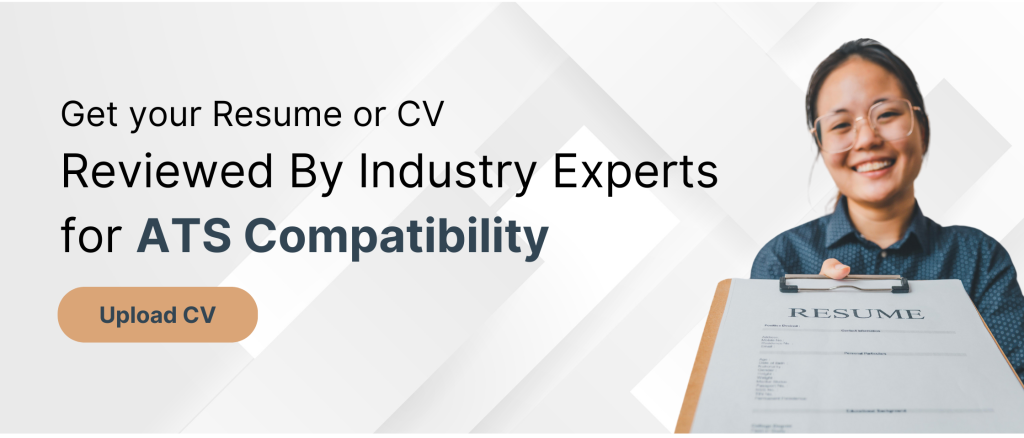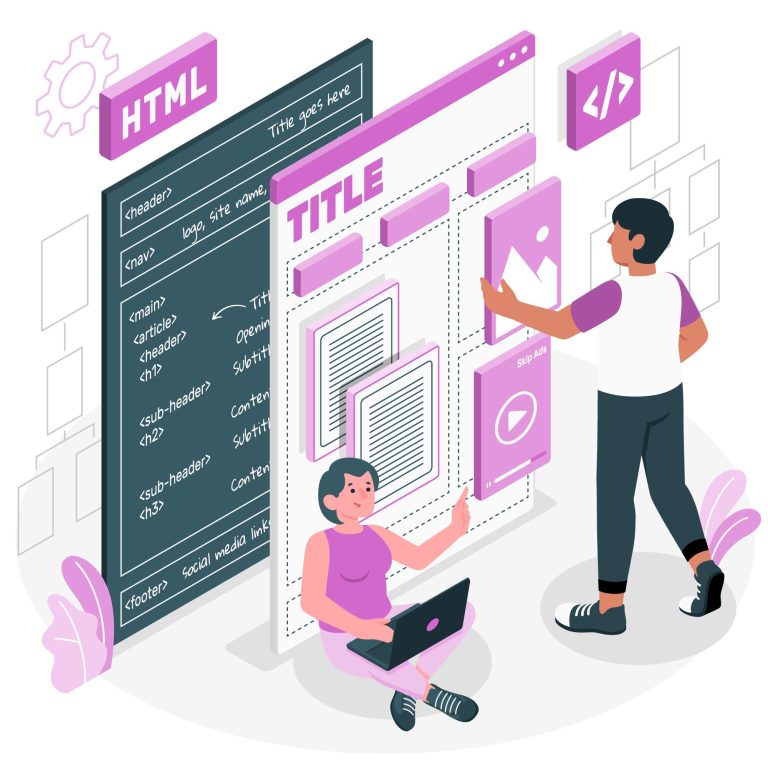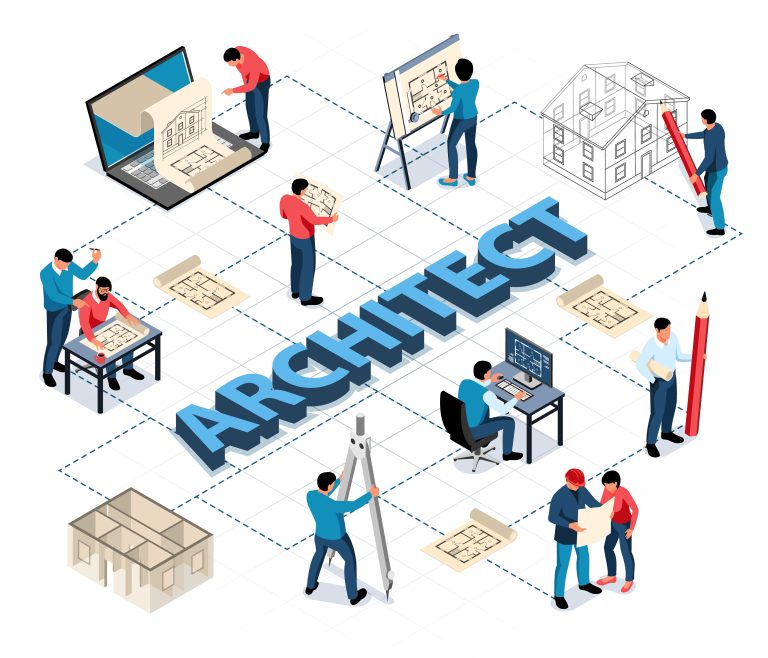How to explain gaps in employment [with examples]
Introduction
Gaps in employment are a common part of many professionals’ career journeys. Whether due to personal reasons, health issues, or transitions between jobs, these gaps need not be a barrier to your next opportunity. Understanding how to articulate these periods effectively is crucial in positioning yourself as a strong candidate. This article explores ways to explain employment gaps, offering insights and examples to help you navigate these conversations confidently.

Understanding Employment Gaps
Employment gaps can occur for various reasons, from personal development pursuits to involuntary layoffs. Recognizing the diversity of these causes helps in framing them positively.
Common Causes of Employment Gaps
- Personal development
- Health-related reasons
- Family responsibilities
- Pursuing education or training
- Volunteering
The Impact of Employment Gaps
While gaps in employment can raise questions for potential employers, they also offer opportunities for growth and reflection.
On Career Progression
Addressing these gaps effectively can demonstrate resilience and adaptability, key traits valued by employers.
On Mental and Financial Well-being
Understanding the impact of employment gaps on well-being is essential for framing your period of unemployment in a positive light.
How to Address Gaps in Employment
Preparation and the ability to articulate the reasons for your employment gaps are crucial.
Preparing Your Explanation
Develop a concise and honest explanation for your employment gap, focusing on growth and learning during this period.
Structuring Your Response
Offer a structured response that outlines the reason for the gap, what you accomplished during this time, and how it makes you a better candidate.
Examples of Explaining Employment Gaps
Here, we provide examples of how to explain employment gaps for various reasons, demonstrating reflection and professional development.
Personal Development
Example: “I took a break to focus on personal development, which included [specific activities], enhancing my [skills] that are directly relevant to this position.”
Health-Related Reasons
Example: “I needed to take time off for health reasons, during which I focused on recovery and professional development through online courses.”
Family Responsibilities
Example: “I paused my career to care for a family member, which honed my time management and empathy skills, valuable in any professional setting.”
Pursuing Education or Training
Example: “I dedicated time to pursue an advanced degree in [field], which has equipped me with [skills] that I can directly apply to this role.”
Volunteering
Example: “During my employment gap, I volunteered with [organization], gaining valuable experience in [area], which enhances my suitability for this position.”
Tips for Explaining Gaps in Interviews
The key to addressing employment gaps in interviews lies in honesty, focusing on the positive, and tailoring your explanation.
Honesty is the Best Policy
Being truthful about your employment gaps builds trust with potential employers.
Focus on Growth and Learning
Emphasize what you learned and how you’ve grown professionally and personally during your employment gap.
Tailoring Your Explanation to the Job
Customize your explanation to highlight how your activities during the gap make you a better candidate for the specific role you’re applying for.
Resume Tips for Employment Gaps
Your resume can reflect your employment gaps in a positive light, focusing on skills and experiences gained.

Functional Resume Format
Consider using a functional resume format to highlight your skills and accomplishments rather than a chronological listing of your employment history.
Cover Letter Strategies
Use your cover letter to briefly explain employment gaps, focusing on how your experiences during this time add value to your application.
Highlighting Skills and Projects
Include any relevant projects, courses, or volunteer work you undertook during your employment gap, demonstrating continuous engagement in your professional field.
How to Explain Gaps in Employment
Framing your employment gap as a period of growth and opportunity can significantly impact how potential employers view your candidacy.
Emphasizing Adaptability and Resilience
Demonstrate how your experiences during the employment gap have made you more adaptable and resilient.
Demonstrating Continuous Professional Development
Show that you have continued to develop professionally, even when not employed traditionally.
Overcoming the Stigma of Employment Gaps
Changing the narrative around employment gaps can help reduce their stigma, emphasizing the positive outcomes of such periods.
Changing Employer Perceptions
Discuss how diverse experiences, including employment gaps, contribute to a well-rounded and adaptable employee.
Building a Strong Professional Network
Leverage your professional network to provide references and endorsements that highlight your abilities and character.
Preventing Future Employment Gaps
Strategies for career planning can help minimize future employment gaps, keeping your career trajectory on an upward path.
Career Planning Strategies
Engage in regular career planning to anticipate and prepare for potential gaps, ensuring continuous professional development.
Upskilling and Reskilling
Invest in upskilling and reskilling to remain competitive in the job market, making yourself less susceptible to future employment gaps.
FAQs
How do I explain a long gap in employment?
Explaining a long gap in employment involves honesty and a focus on positive outcomes. Start by briefly stating the reason for the gap, then quickly pivot to what you learned or achieved during this time. Highlight any skills developed, experiences gained, or personal growth that occurred. If applicable, mention any freelance work, studies, or projects you undertook. The key is to show how this period has prepared you better for the workforce.
What if my employment gap was for a reason not viewed positively by employers?
Even if the reason for your employment gap is typically viewed negatively, framing it positively is crucial. Focus on your response and growth during this period. Everyone faces challenges, and demonstrating your resilience, learning, and how you’ve overcome obstacles can be compelling. If appropriate, share how the experience has given you a unique perspective or valuable skills applicable to your career.
Can volunteering truly offset the impact of an employment gap?
Yes, volunteering can significantly offset the impact of an employment gap. It demonstrates your commitment to staying active and engaged, developing new skills, and contributing to society. When discussing volunteer work, highlight the skills you used or gained, any leadership roles you assumed, and how these experiences are relevant to the job you’re applying for. Volunteering can also provide valuable networking opportunities and references.
How detailed should I be when explaining employment gaps?
Your explanation should be concise yet informative. Offer enough detail to provide context and show how you used the time constructively, but avoid overly personal information or lengthy justifications. A couple of sentences should suffice for each gap. The goal is to reassure employers that the gap was a period of growth and not a red flag.
Is it better to address employment gaps in the resume or during the interview?
It’s wise to briefly mention employment gaps in your resume or cover letter, especially if you can frame them positively, such as through volunteer work, study, or personal projects. However, be prepared for a more detailed discussion during the interview. This allows you to explain the context in person, where your communication skills, confidence, and sincerity can make a strong impression. Use the resume to highlight your continuous engagement in your field, and save the nuanced explanations for the interview.
Conclusion
Explaining gaps in employment is about framing your story in a way that highlights your growth, resilience, and the value you bring to potential employers. By being honest, focusing on the positive aspects of your gap, and tailoring your explanation to the job at hand, you can turn potential vulnerabilities into strengths. Remember, every career path is unique, and what matters most is how you leverage your experiences to contribute to your future roles.
🔴Do you have an ATS (Automatic tracking system) Compliant CV?
🔴Do you have a CV which is globally acceptable?
🔴Do you have professional content in your CV?
✅Get your CV designed and developed today !! Professionally .
Visit www.prosumely.com
Get your Resume reviewed for free by industry experts: Click







